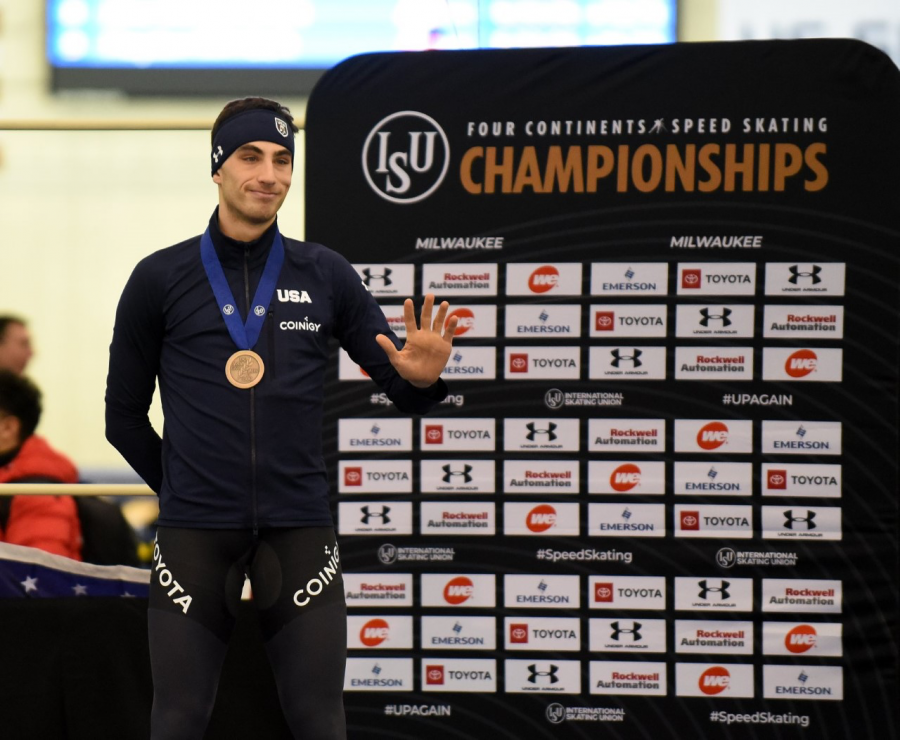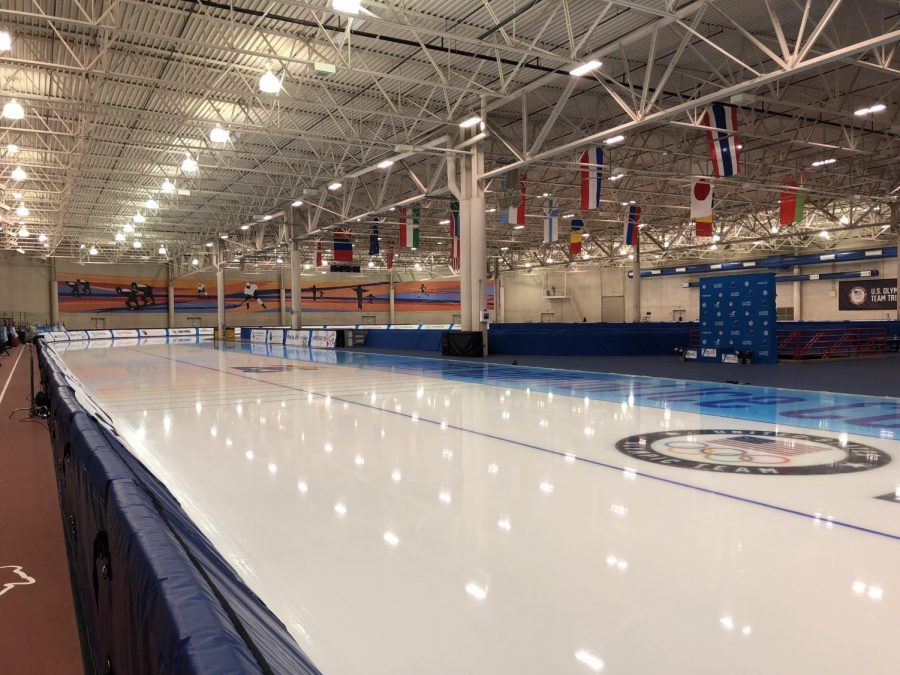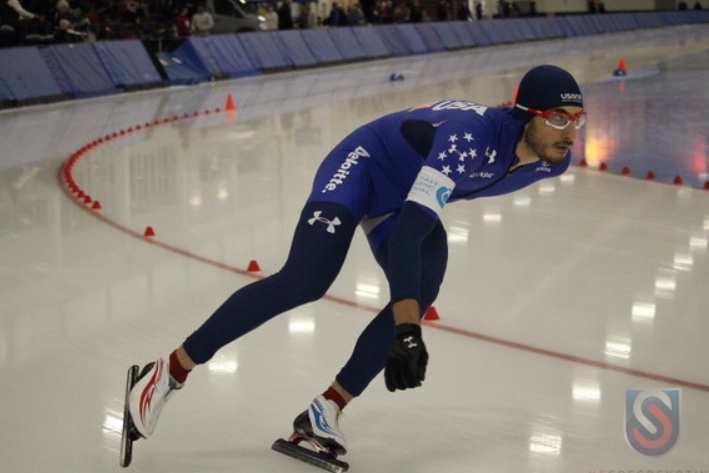The 2020 Tokyo Olympics have been postponed until 2021 due to the coronavirus pandemic. With the virus affecting nearly all countries to some extent, the International Olympic Committee and the Tokyo 2020 Organizing Committee released a joint statement March 24. The games will still take place in Japan but will be postponed until 2021.
The state of the pandemic is rapidly changing with the number of cases rising every day, according to the World Health Organization.
Athletes who have been training for the 2020 Tokyo Games will simply have to wait, but Lou Hasebroock, a senior in the College of Education and president of the Triathlon Team at Marquette, said this delay will affect the athletes’ practicing schedules.
“It’s definitely a major setback that throws off a lot of their timelines for training,” Hasebroock said. “For more relaxed athletes, it’s something I can adjust to, but for the pros, it’s very hard to adjust especially if you’re on a detailed schedule.”
Emery Lehman, a senior in the College of Engineering and a two-time Winter Olympics competitor in speedskating, said the postponement will be difficult to overcome.
“A lot of the athletes have been training for four years, so if I was in their position, I would be totally heartbroken,” Lehman said.
There are 25 states in the U.S. that have issued stay-at-home orders. Other states have only issued orders in certain parts of the state. Due to these orders, many gyms and training facilities like Planet Fitness, Gold’s Gym, LA Fitness and many more have temporarily shut down, according to their websites.
Michael Pook, a sophomore in the College of Engineering and a member of the powerlifting club at Marquette, said he expects the Olympic athletes to experience problems with their training.
“I imagine a lot of athletes, at least the sponsored ones, will have the resources to train for the more popular sports like track or basketball,” Pook said. “For the smaller sports like weightlifting or the more niche sports, it will be a lot harder.”
Hasebroock echoed Pook’s thoughts and said that her personal training has become more difficult as well.
“I can’t train on campus anymore with the facilities being shut down,” Hasebroock said. “I’ve had to do a lot of outside training, but it’s very difficult, especially because I can’t be doing that with other people.”
For Pook, he said he has some unique ways to continue his training despite the lack of open facilities.
“Largely, what I’ve done for myself is take basic exercises I would normally do at the gym and convert them to some sort of variation with stuff I have at my house,” Pook said.
While athletes for the summer games adjust their schedules and look to 2021, the committees for Tokyo hope the “Olympic flame could become the light at the end of the tunnel in which the world finds itself at present,” the IOC and Tokyo 2020 organizing committee said in the joint statement.
This story was written by Bryan Geenen. He can be reached at bryan.geenen@marquette.edu.








